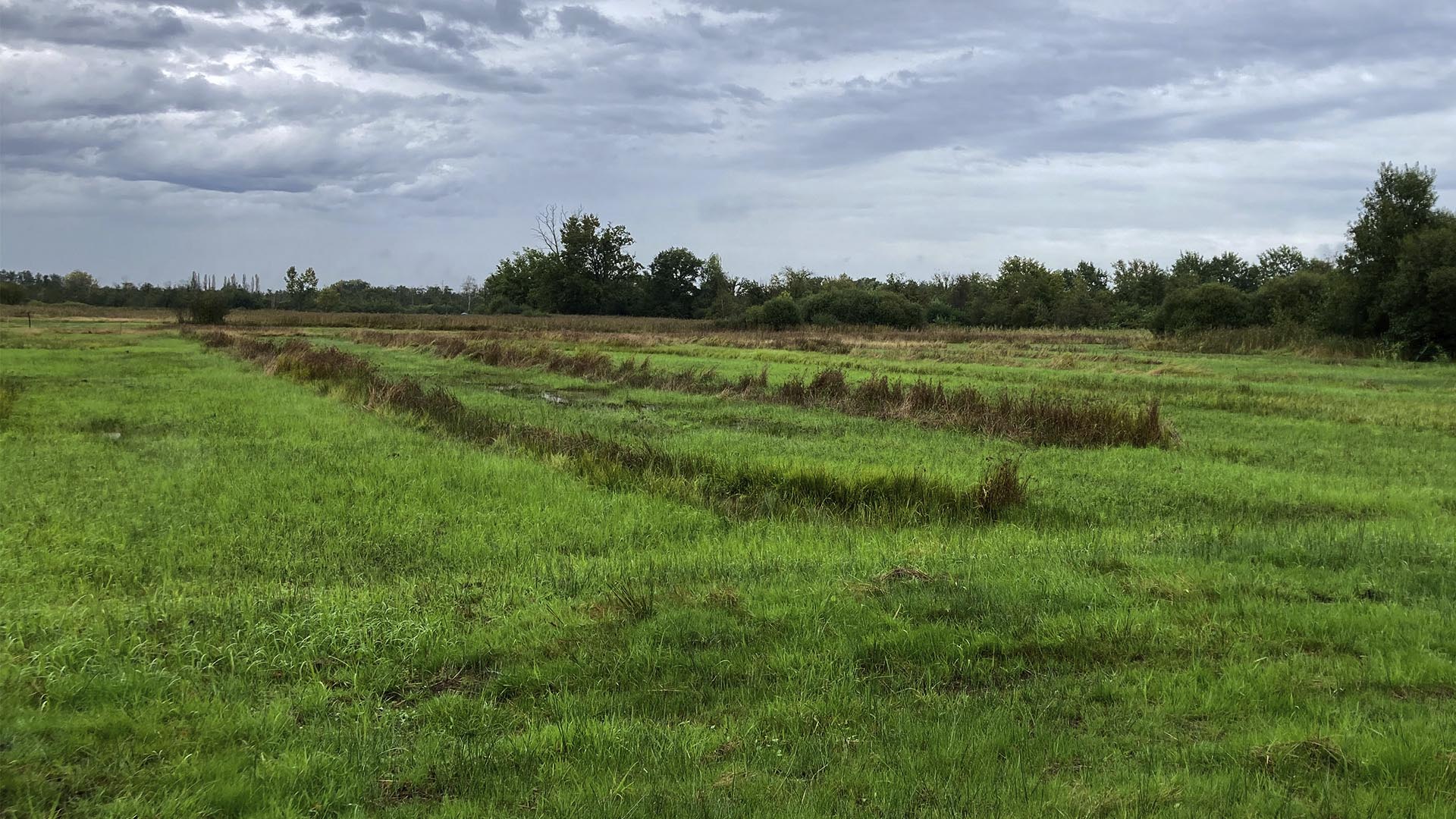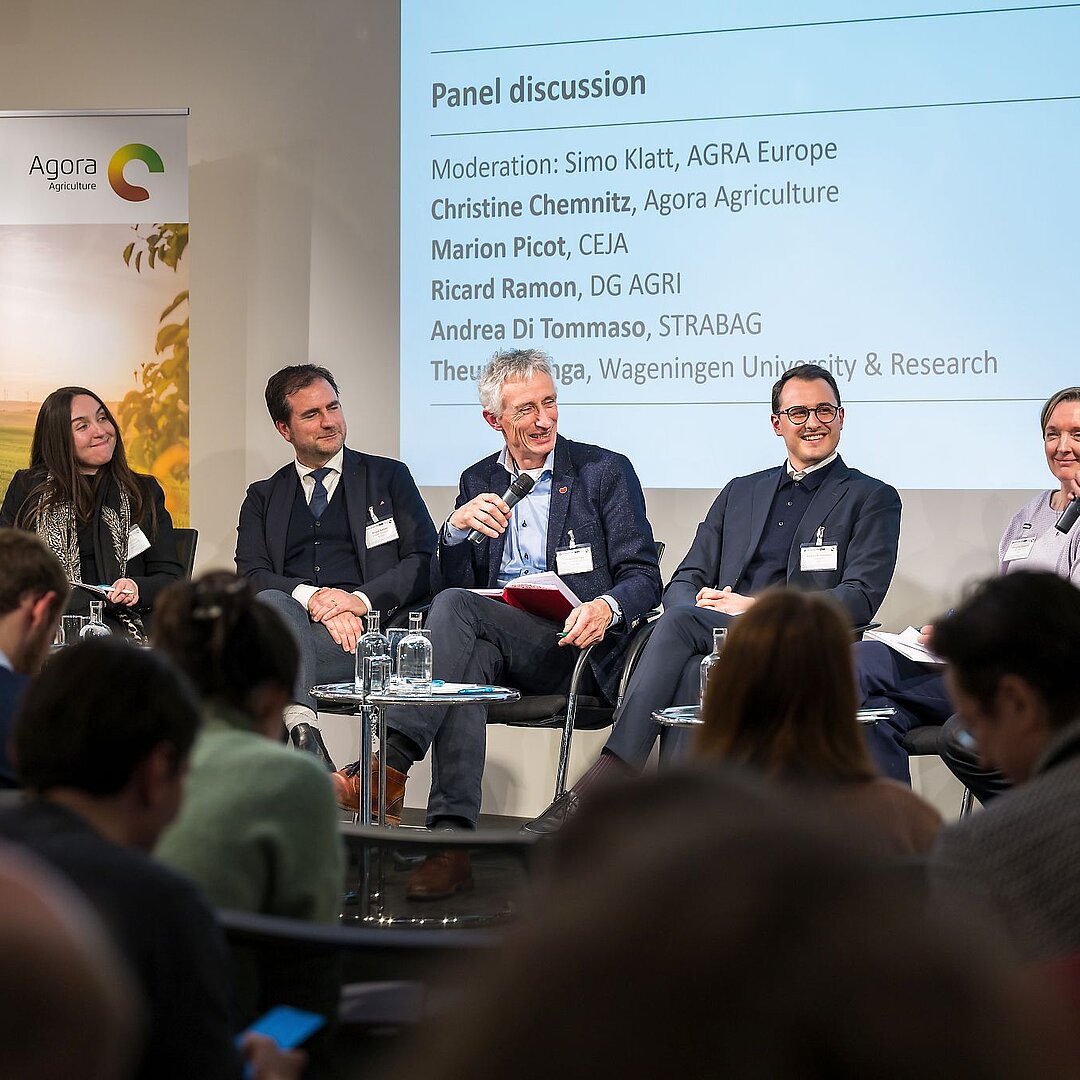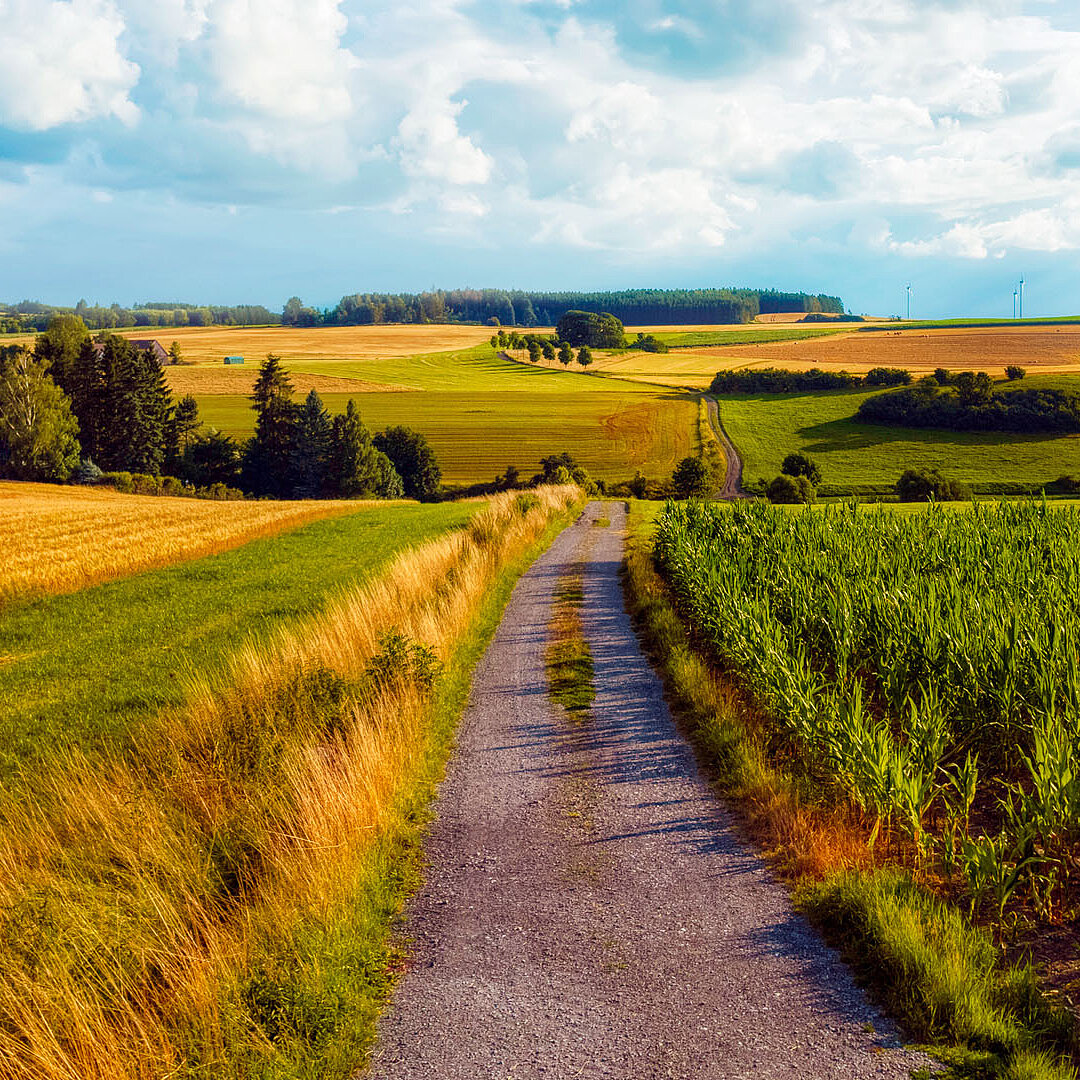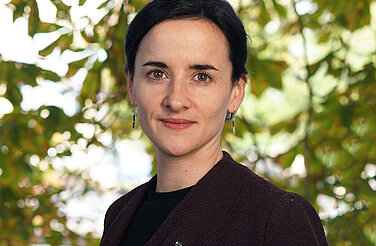This content is also available in: German
Rewetting of peatlands
Rewetting most agricultural peatlands is a key lever for reducing emissions from the land-use sector. This process can only be successful through cooperation with and among land users and owners.

Drained peatlands, which account for only seven percent of agricultural land, emit around 40 percent of total emissions from agriculture and agricultural land use in Germany. Rewetting these areas is the most effective way to reduce emissions. However, this is a major challenge as it requires a paradigm shift. Until well into the 20th century, draining peatland was considered a cultural achievement and a means to enhance food security.
Rewetting means a significant reduction in the land-use options available to current owners and users. Successful rewetting can only be achieved through intensive cooperation with and among stakeholders. In this context, the use of wet peatlands must also create economic opportunities. Agora Agriculture promotes dialogue with various stakeholders to develop pathways for successful climate and land-use policies for peatland regions.



